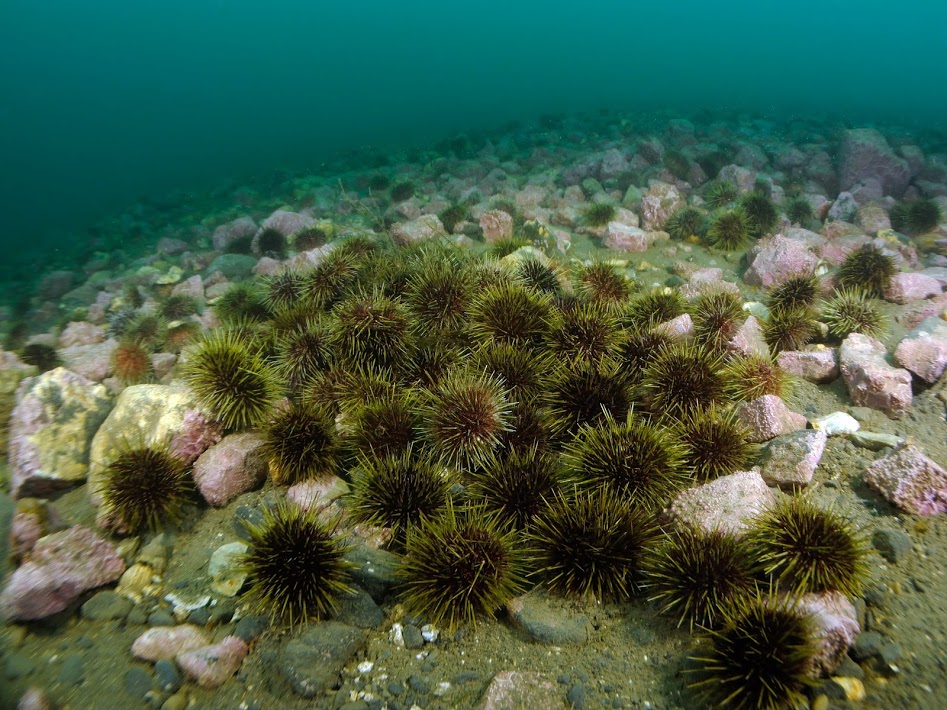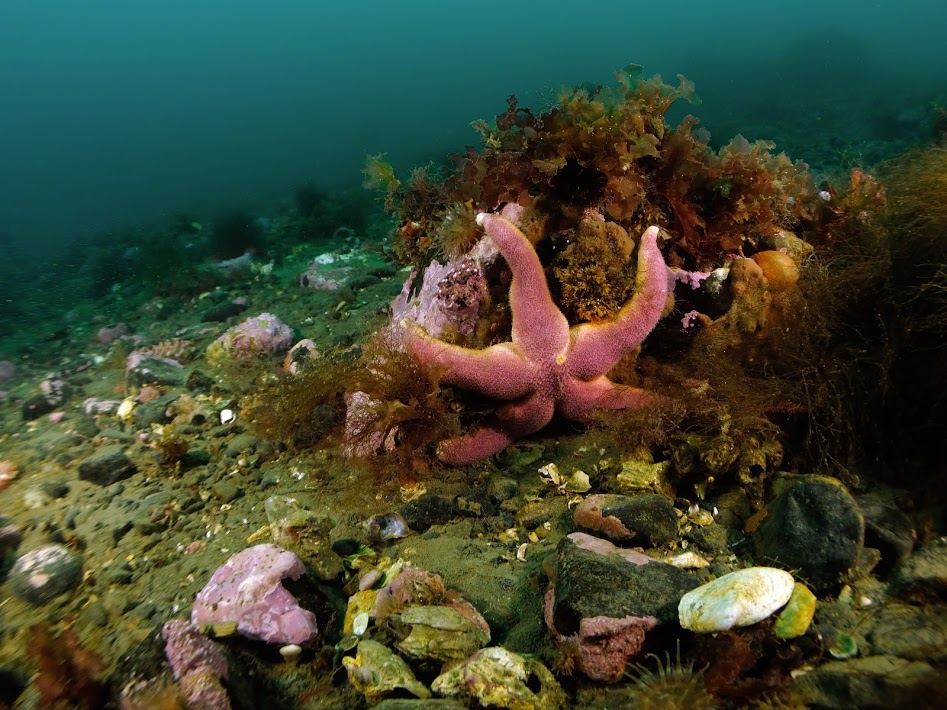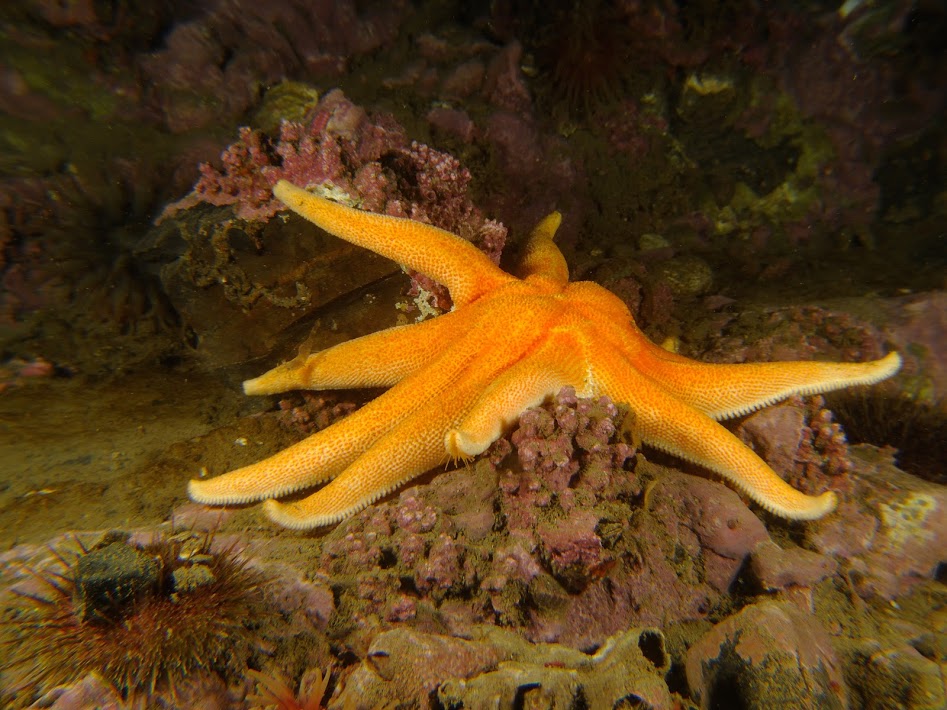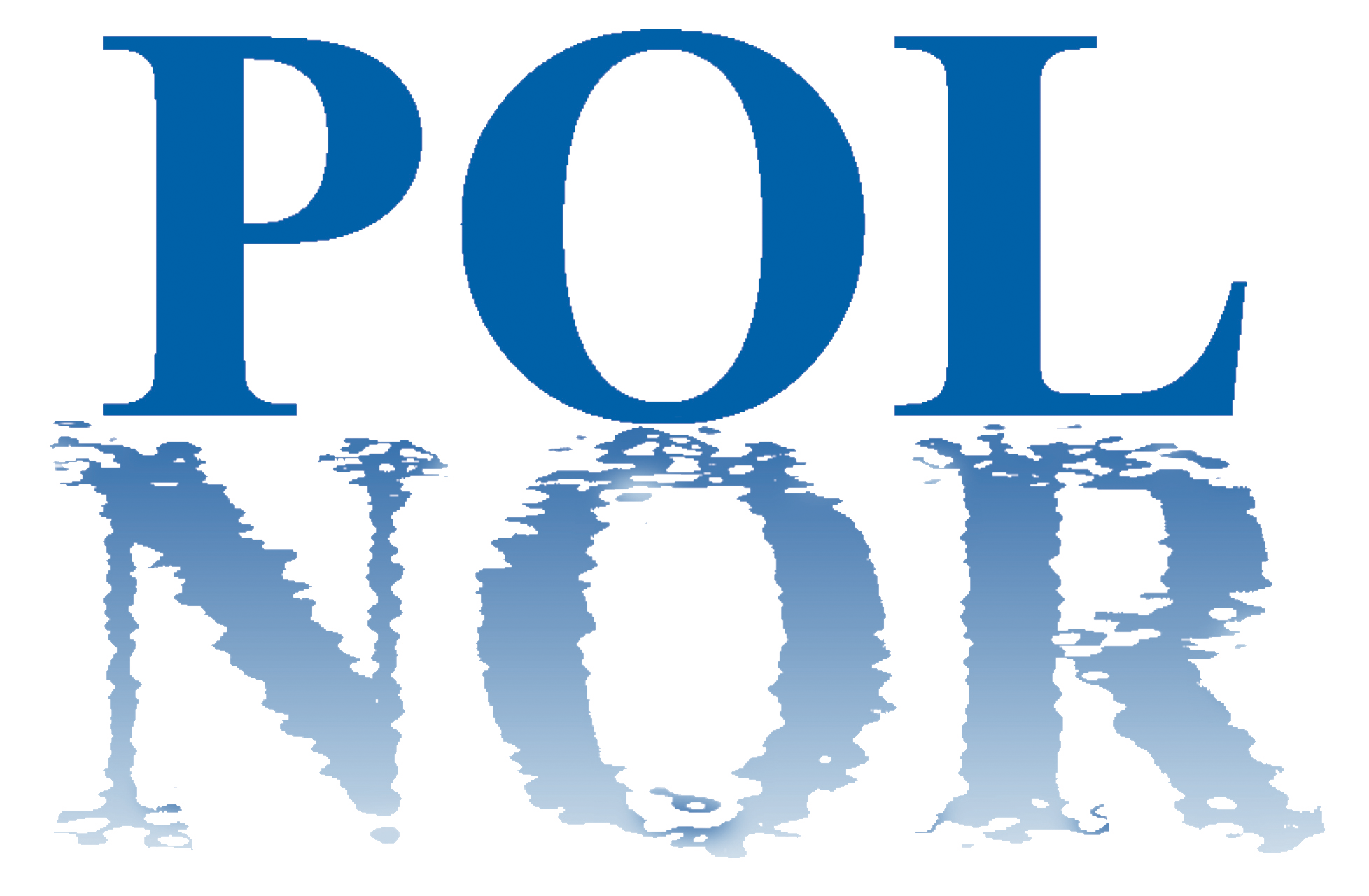|
|
About the project:


 The Arctic study area is the region most influenced by ongoing global climate change. Sea ice retreat in the central Arctic Ocean is due to warming and is leading to increased pCO2 values in the surface waters, reduced CaCO3 saturation states and increased biological production. The proposed project will provide an assessment of how the Arctic ecosystem will respond to multiple stressors arising from ocean warming, and chemistry change caused by ocean acidification (OA). OA is a decrease in pH in the oceans caused by the uptake of anthropogenic CO2 from the atmosphere and is recognized to have had negative effects on many groups of marine invertebrates with calcareous skeletons. These effects may be expressed as changes in calcification rate, decrease in abundance, and recruitment and survival rates. The project will investigate the control of ocean carbonate chemistry, hydrology, primary productivity, and energy transfer on biogenic carbonates and carbonate producers. It will investigate the effects of ocean acidification on the biodiversity and structure of benthic systems through analysis of spatial patterns of diversity, coupled with geochemical properties of the water column. By investigating records of geochemical signatures in marine sediments and organism skeletons, which can indicate anthropogenic changes over time, including OA, warming and food supply, we will be able to build comprehensive predictive models. Such information will improve simulations of future changes. Our goal is to progress new knowledge of future tipping points and thresholds for marine production and resource management. Fulfilment of the project objectives will be done through five individual but closely related and inter-dependent work packages:
The Arctic study area is the region most influenced by ongoing global climate change. Sea ice retreat in the central Arctic Ocean is due to warming and is leading to increased pCO2 values in the surface waters, reduced CaCO3 saturation states and increased biological production. The proposed project will provide an assessment of how the Arctic ecosystem will respond to multiple stressors arising from ocean warming, and chemistry change caused by ocean acidification (OA). OA is a decrease in pH in the oceans caused by the uptake of anthropogenic CO2 from the atmosphere and is recognized to have had negative effects on many groups of marine invertebrates with calcareous skeletons. These effects may be expressed as changes in calcification rate, decrease in abundance, and recruitment and survival rates. The project will investigate the control of ocean carbonate chemistry, hydrology, primary productivity, and energy transfer on biogenic carbonates and carbonate producers. It will investigate the effects of ocean acidification on the biodiversity and structure of benthic systems through analysis of spatial patterns of diversity, coupled with geochemical properties of the water column. By investigating records of geochemical signatures in marine sediments and organism skeletons, which can indicate anthropogenic changes over time, including OA, warming and food supply, we will be able to build comprehensive predictive models. Such information will improve simulations of future changes. Our goal is to progress new knowledge of future tipping points and thresholds for marine production and resource management. Fulfilment of the project objectives will be done through five individual but closely related and inter-dependent work packages:
- Baseline ocean observations and contemporary modeling;
- Marine biodiversity and ecological function;
- Recent and subfossil geochemistry of carbonate sediments and organisms;
- Future Arctic Ocean change and society;
- Synthesis of the Results.
Project Details
Project acronym: POLNOR
Project full title: POLNOR – THE CHANGING OCEAN OF THE POLAR NORTH
Project number: Pol-Nor/196260/81/2013
Contract type: Large-scale integrating project
Project start: March 2014
Project end: April 2017
Project duration: 36 months
Project partners:
Institute of Oceanology Polish Academy of Sciences (POLAND)
Institute of Paleobiology Polish Academy of Sciences (POLAND)
The Norwegian Institute for Water Research (NORWAY)
Akvaplan-niva (NORWAY)
Coordination and Management
POLNOR is coordinated from Institute of Oceanology Polish Academy of Sciences, Sopot, POLAND.
Project Coordinator: Piotr Kukliński
Email: kuki@iopan.gda.pl
|
|



